- Exchange and Networking
- Knowledge and Learning
- Advocacy
- Our topics
Implementation research (IR) is a new approach in the practice of international health cooperation. It is the scientific inquiry into questions concerning the implementation of health related policies, programs, or interventions. Using methods of different disciplines, IR tries to understand and address barriers to effective implementation. Implementation Research demand-driven and research questions are framed based on needs identified together with relevant stakeholders and implementers in the health system.It clearly goes beyond scientists to include policy-makers, the media and community members. In order to strengthen implementation research within the Swiss organizations of international health cooperation, MMS coordinates a thematic platform of its member organizations.
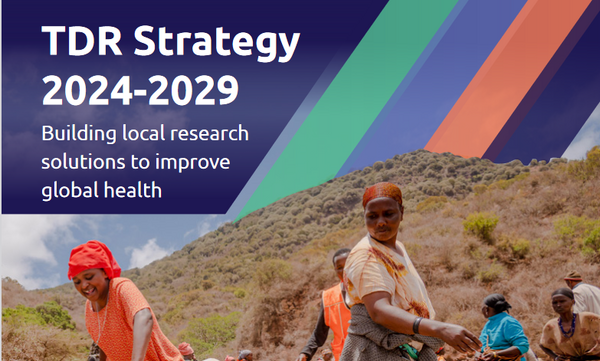
Building local research solutions to improve global health
"For almost 50 years, TDR has been a leader in research to address infectious diseases of poverty and in building the capacity of people, communities and institutions in low- and middle-income countries. TDR supports evidence generation in disease-affected countries to foster innovations that improve health. This 2024–2029 strategy builds on TDR's experience, to support country-led implementation research that improves access to, and scale-up of, health interventions, strategies and policies and strengthens health systems. TDR will work with implementers and social innovators, alongside researchers, to help democratize research and demonstrate that it is a useful and practical tool for people tackling health issues on the ground."
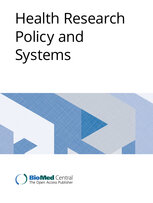
(BMC) This supplement contains a collection of research articles with approaches and best practices from Asia and Africa on how to engage stakeholders in IR. How can IR help to scale up projects? How can theories of change be used to inform implementation of health systems research and innovation? How can participatory action research strenghten health managers’ capacity? How can participatory monitoring and evaluation (M&E) approaches be used to influence decision-making? Those and other questions are addressed in this supplement.

“Without implementation research we are at best committing valuable resources to implementation in the hope that things will work out.”
Implementation Research (IR) is research that addresses implementation bottlenecks in order to deliver effective health care interventions. It aims to identify solutions to overcome implementation problems. This later may inform policy decisions and scale-up effective interventions, which can generate better health outcomes and strengthen the overall health system. Network Medicus Mundi Switzerland presents this IR guide, which is designed to support NGOs interested in applying IR within their projects. It includes the conceptual definition of IR and a practical step-by-step guide from the design to the dissemination of an IR study.
“Without implementation research we are at best committing valuable resources to implementation in the hope that things will work out.”
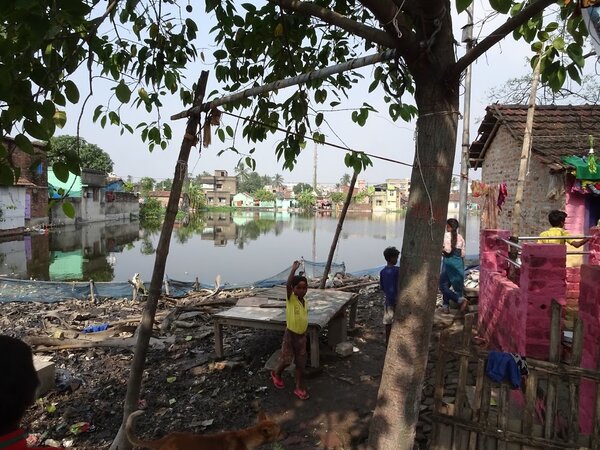
Prevalence of undernutrition and effectiveness of a community-based nutritional support programme to reverse stunting among children under five years of age in an urban slum in Kolkata, India: Findings of a one-year longitudinal study
Stiftung Calcutta Rescue This study highlights the burden of undernutrition in marginalised slum-dwelling children in India and the benefits of a pragmatic, education-focused nutritional intervention programme. Further studies are required to determine what predictors other than income are associated with stunting to then determine what interventions are likely to effect long-lasting and sustainable changes to growth in this vulnerable population.
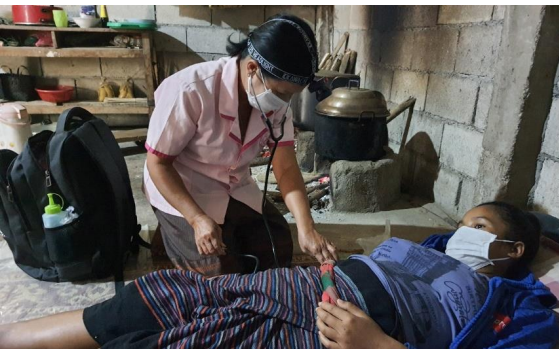
Implementation research from the Maternal, Neonatal Child Health Strengthening Project in Luang Prabang, Lao PDR
Swiss Red Cross “What are facilitators and what are barriers to use Ante Natal Care (ANC), safe delivery and Post Natal Care (PNC) services in Laos, Bangladesh, Pakistan and Nepal? Are men bottle-necks to decision-making? What role does the health provider play? Is lack of money really the reason why a home delivery is the preferred option? Check out the findings from the Laos country study on community perceptions of facilitators and barriers in Maternal, Neonatal & Child Health (MNCH) use, conducted by Heather Gulliver (previous health delegate in Laos; Cara Stephenson (previous AUSAid volunteer in Laos) and the Laos team and partners. This is the first out of four implementation research studies. Watch this space for more to follow!”

The survey was developed by Eleo Tibbs and Maurice Lange, two researchers from the UK.
Calcutta Rescue "Calcutta Rescue (CR) is a medium-sized NGO based in Kolkata, India that focuses on supporting the residents of the city’s slums. CR present the results of its first large-scale study of the poverty experienced by Calcutta Rescue’s service users. It is the largest and most detailed research of its kind conducted in Kolkata in the last two decades. The primary aim of the study was to generate information that would enable CR to rank different slum areas relative to each other in terms of overall, multidimensional impoverishment, and levels of deprivation in specific indicators. This ranking is already helping CR’s management to prioritize resources, and target interventions according to need. The study’s secondary objective was to provide CR with a template methodology that can be repeated and used to capture improvement over time, or after specific interventions."
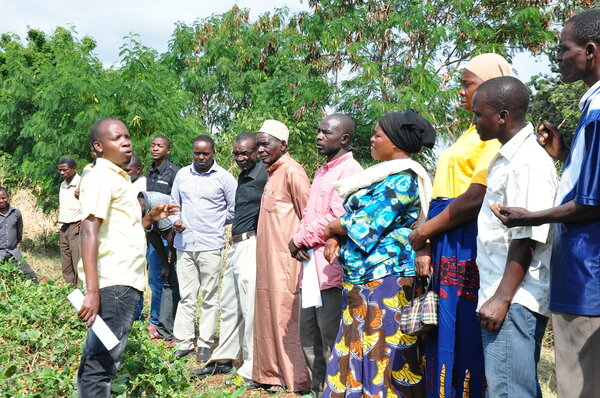
"Co-production of knowledge through research involves collaborations between researchers and end-users of research, including patients and the public, health professionals, health system managers, and policymakers. (...) This BMJ collection on Increasing the Impact of Health Research through Co-production of Knowledge provides an overview of the evolution, potential, influence, learning and challenges in co-producing evidence to inform decision making in health policy and practice, and points to the core principles which should underpin it."